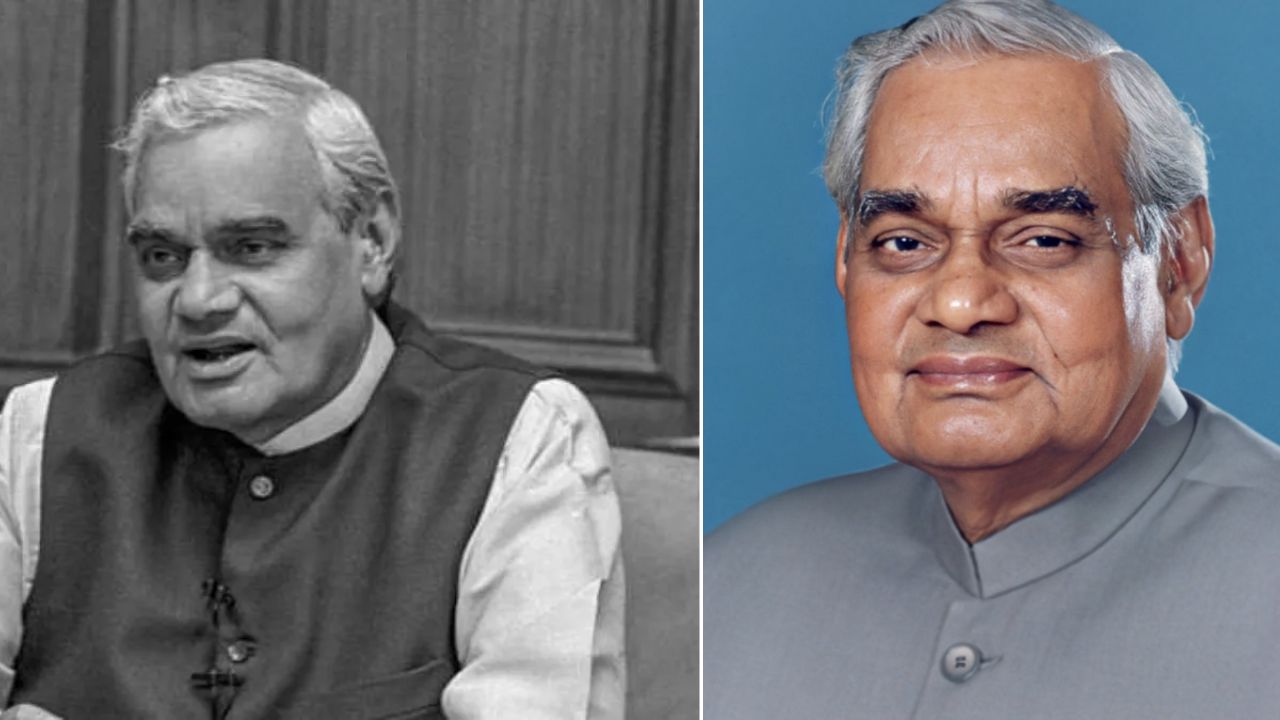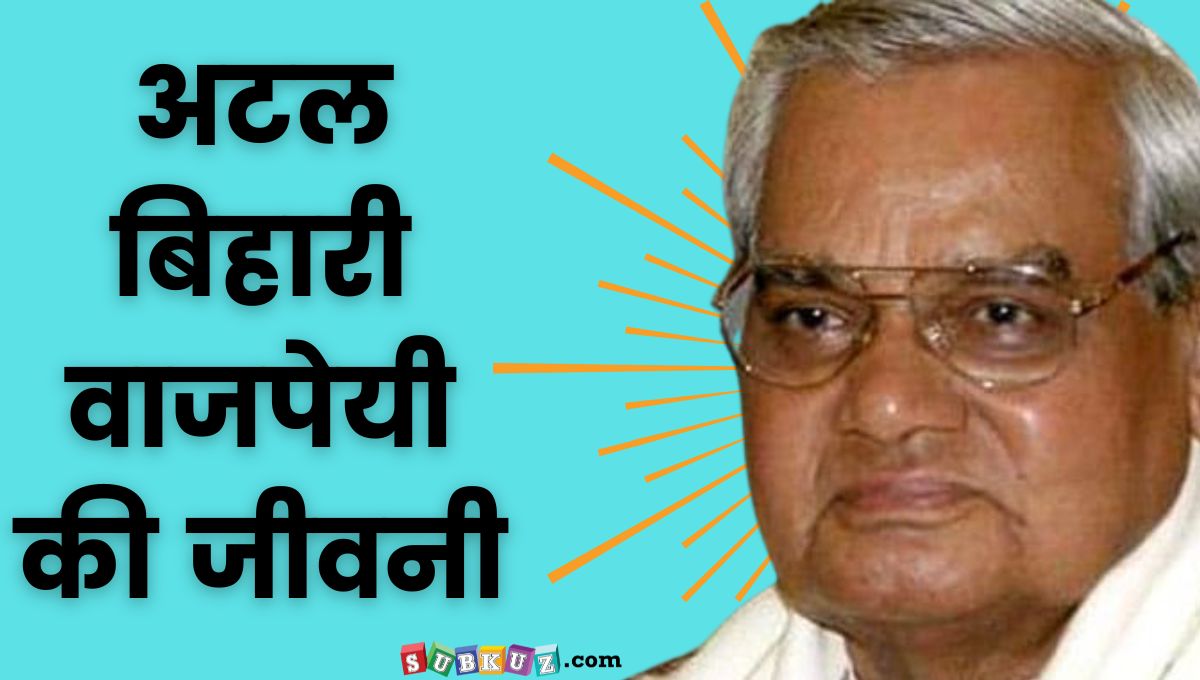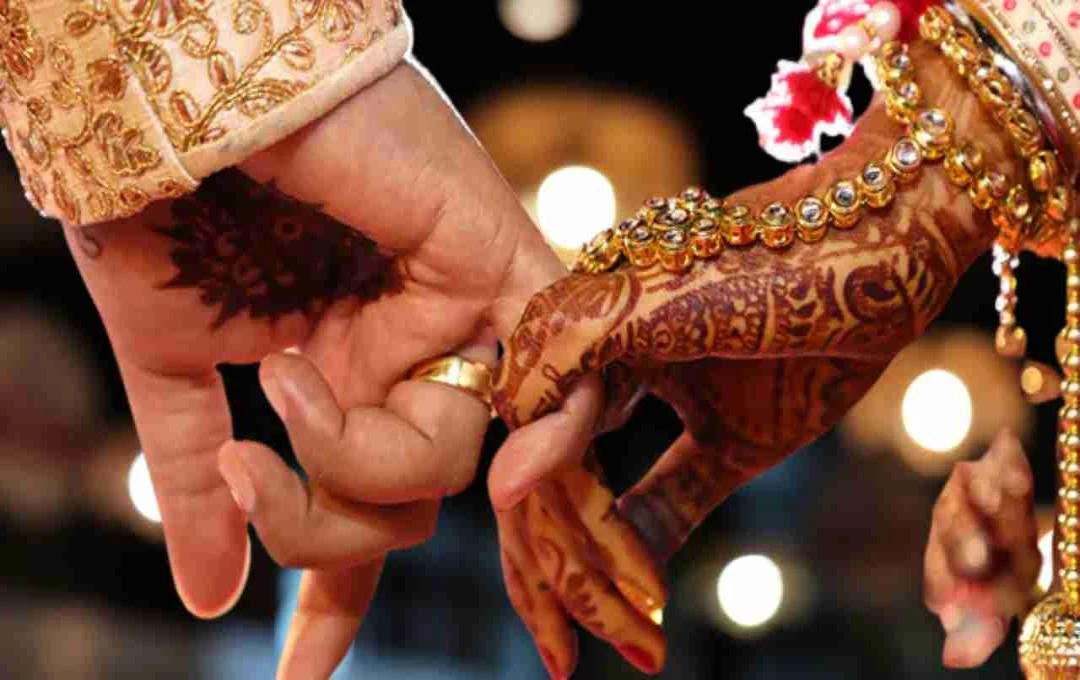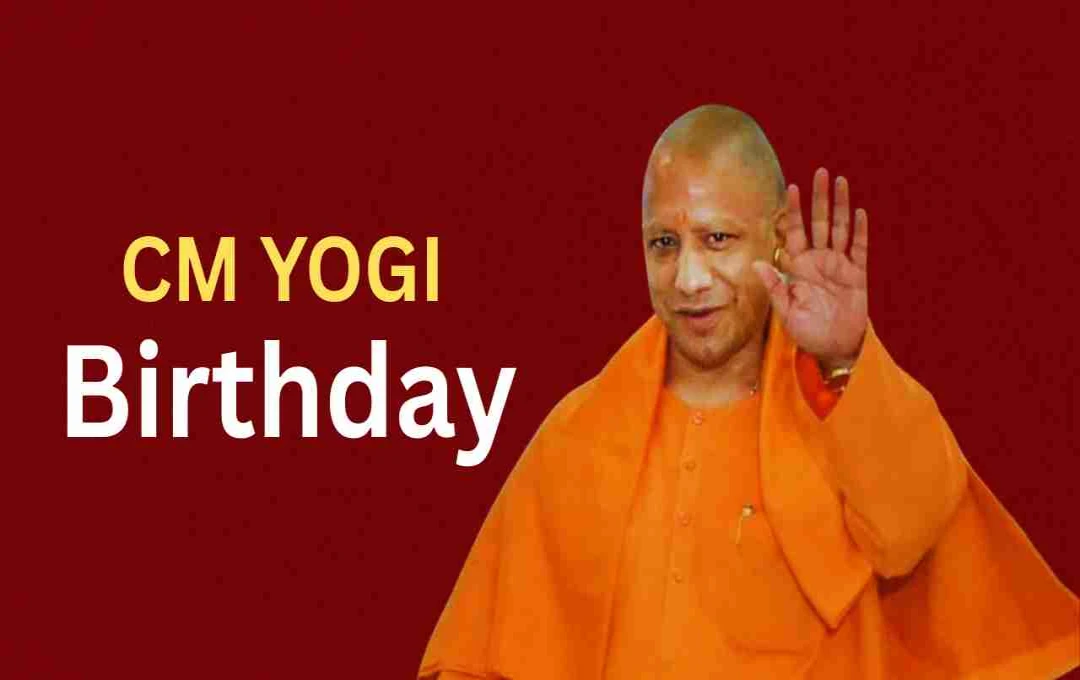Atal Bihari Vajpayee was a poet, thinker, politician, and a man of multifaceted talent. He was born on December 25, 1924, in Gwalior district of Madhya Pradesh, a day that holds significant importance. His mother's name was Krishna Devi and his father, Krishna Bihari Vajpayee, was a school teacher and poet, while his mother was a homemaker.
Educational Background
From a young age, Atal Ji was introspective and gifted. His early education took place at the Saraswati Shiksha Mandir in Gorakhpur, Baḍā, where he studied up to the 8th standard. He delivered his first speech when he was in the 5th standard. He then enrolled at Victoria College, where he completed his intermediate education.
He earned his BA degree from Victoria College, Gwalior, now renamed Laxmibai College. He subsequently pursued an MA in Economics from DAV College, Kanpur.
He later enrolled in law school, but it did not prove fulfilling. In 1939, he joined the RSS (Rashtriya Swayamsevak Sangh) and became a full-time worker in 1947.
Political Career
Before India's independence, he embarked on his political journey as a freedom fighter, working alongside several prominent leaders.
After independence, he contested his first Lok Sabha election in 1955, but was unsuccessful. In 1957, with the support of the Jan Sangh, he won from Balrampur (Gonda district, U.P.).
Prestigious Prime Ministership
Atal Bihari Vajpayee served as Prime Minister of India three times. He first held office from May 16, 1996, to June 1, 1996.
His second term was from March 19, 1998, to October 13, 1999, and his third term lasted from October 13, 1999, to May 21, 2004. Thus, he completed a five-year term as Prime Minister, becoming the first non-Congress Prime Minister to do so.

Other Political Achievements
He served as a member of the Rajya Sabha twice and a member of the Lok Sabha a total of nine times.
During his career, he was elected as a Member of Parliament from four different states (U.P., M.P., Gujarat, Delhi).
Following the demise of Pandit Deendayal Upadhyaya, he served as the President of the Bharatiya Jan Sangh from 1968 to 1973.
He held the portfolio of Minister of External Affairs in Morarji Desai's government from 1977 to 1979. However, due to disagreements, he left the Janata Party in 1980.
On April 6, 1980, he co-founded the Bharatiya Janata Party (BJP) along with Lal Krishna Advani and Bhairon Singh Shekhawat.
In the 1984 Lok Sabha elections, his party secured only 2 seats.
The BJP achieved victory in the 1989 Lok Sabha elections.
Premature elections were held in 1991 due to opposition demands, and his party emerged victorious once again.
He became the Leader of the Opposition in 1993.
He was declared as the Prime Ministerial candidate in 1995.
The Pokhran nuclear tests in 1998 were a significant achievement during Vajpayee's tenure.
In 2001, Atal Ji initiated the Sarva Shiksha Abhiyan.
In 2001, he invited Pervez Musharraf to India, and both leaders met in Agra for talks.
Subsequently, a bus service was introduced between India and Pakistan, and Atal Ji himself traveled on this bus.
After 2005, he retired from active politics.
Honors and Awards
In 1992, the P.V. Narasimha Rao government honored him with the Padma Vibhushan.
In 1994, he was awarded the Lokmanya Tilak Award and the Pandit Govind Ballabh Pant Award.
The same year, he received the Best Parliamentarian Award.
In 2014, he was bestowed with the Bharat Ratna, India's highest civilian award.
For the first time, President Pranab Mukherjee presented this honor at his residence, breaking protocol.
The Government of India declared his birthday, December 25, as Good Governance Day.







